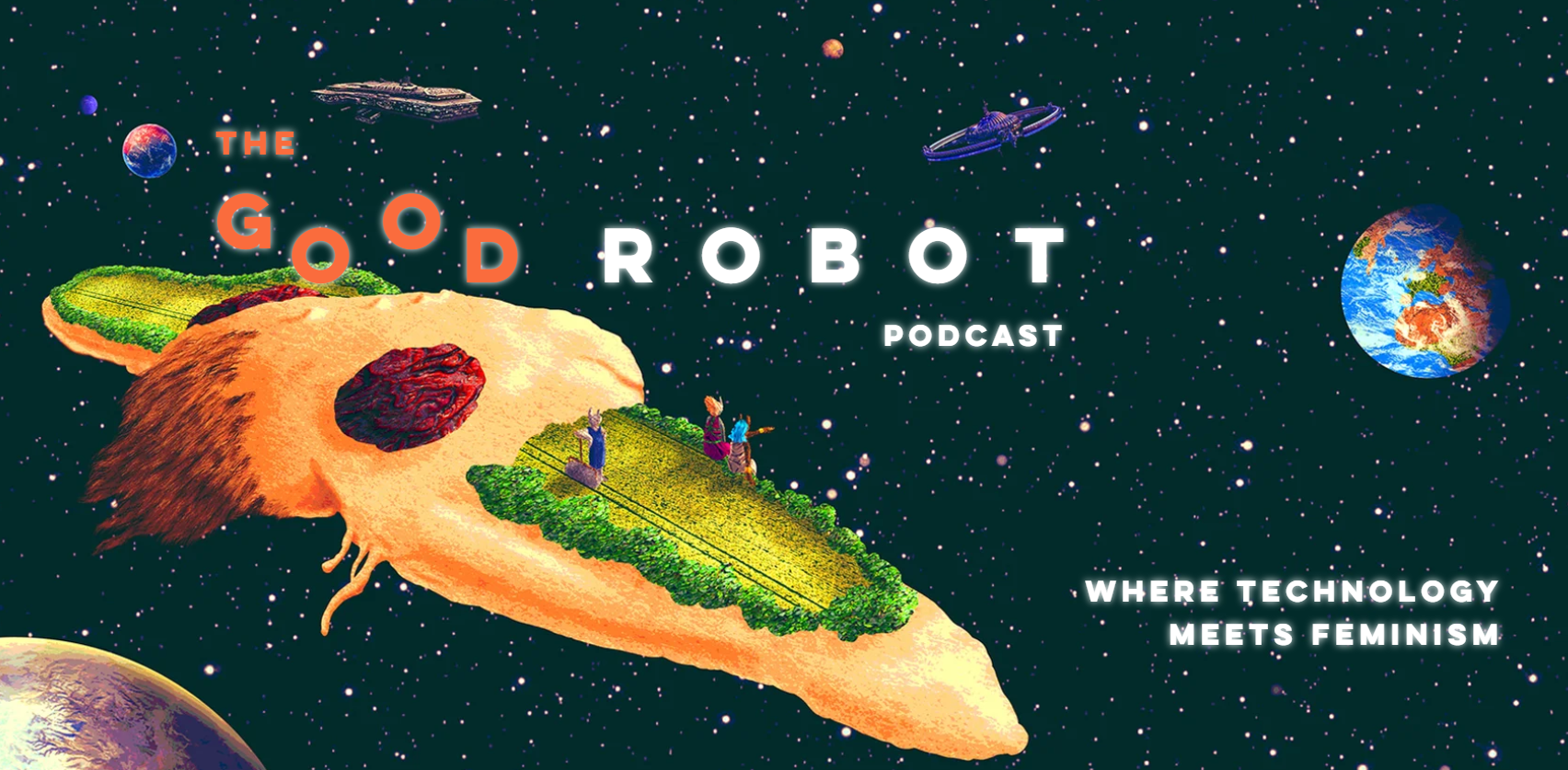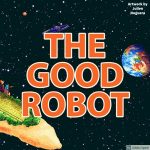
ΑΙhub.org
The Good Robot Podcast: Featuring Heather Zheng

Hosted by Eleanor Drage and Kerry Mackereth, The Good Robot is a podcast which explores the many complex intersections between gender, feminism and technology. In this episode, Heather Zheng talks about poisoning AI and putting privacy first.
Poisoning AI and putting privacy first with Heather Zheng
In this episode, we talk to Heather Zheng, who makes technologies that stop everyday surveillance. This includes bracelets that stopped devices from listening and on you, to more secure biometric technologies that can protect us by identifying us by, for example, our dance moves. Most famously, Zheng is one of the computer scientists behind Nightshade, which helps artists protect their work by ‘poisoning’ AI training data sets.
Listen to the episode here:
https://youtu.be/B2RB8oLUJ5w?si=0ZCBME0yLcARCgHX
Heather is the Neubauer Professor of Computer Science at University of Chicago. She received her PhD in Electrical and Computer Engineering from University of Maryland, College Park in 1999. Prior to joining University of Chicago in 2017, she spent six years in industry labs (Bell-Labs, NJ and Microsoft Research Asia), and 12 years at University of California at Santa Barbara. At UChicago, she co-directs the SAND Lab (Security, Algorithms, Networking and Data) together with Professor Ben Y. Zhao. She was selected as one of the MIT Technology Review’s TR 35 (2005) for her work on Cognitive Radios; her work was featured by MIT Technology Review as one of the 10 Emerging Technologies (2006). She is a fellow of the World Technology Network, an IEEE Fellow (Class’15) and an ACM Fellow (Class’22).
Find the episode reading list here.
About The Good Robot Podcast
Dr Eleanor Drage and Dr Kerry Mackereth are Research Associates at the Leverhulme Centre for the Future of Intelligence, where they work on the Mercator-Stiflung funded project on Desirable Digitalisation. Previously, they were Christina Gaw Postdoctoral Researchers in Gender and Technology at the University of Cambridge Centre for Gender Studies. During the COVID-19 pandemic they decided to co-found The Good Robot Podcast to explore the many complex intersections between gender, feminism and technology.









